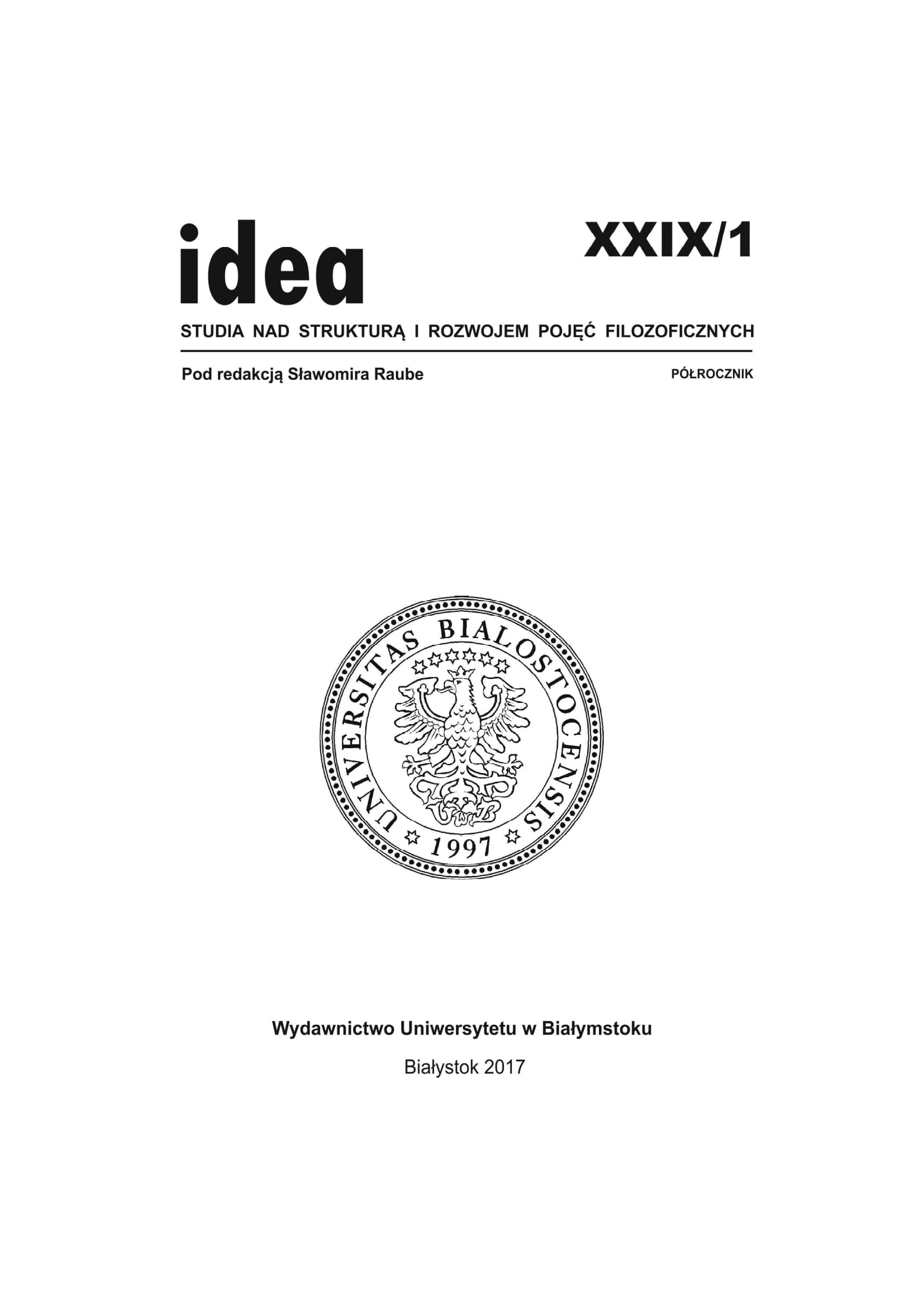Konserwatyzm jako odpowiedź na myśl nowożytną
Conservatism as a response to modern ideas
Author(s): Agnieszka Turoń-KowalskaSubject(s): Philosophy, History of Philosophy, Contemporary Philosophy
Published by: Wydawnictwo Uniwersytetu w Białymstoku
Keywords: conservatism; the modern age (early modern period); age of Enlightenment; Edmund Burke; human being
Summary/Abstract: Concepts of reality in the political philosophy of conservatism were defined in opposition to philosophical movements of Enlightenment and liberal social movements of XVII and XVIII century. Those ideas were anti-rational and anti-individualistic, they sought their very foundation in the lack of physical and intellectual self-sufficiency of a human being. The concepts of the social contract, the material of the intellectual rebellion of the modern social philosophy, caused agitation among conservative thinkers for whom the idea of society features the organic and hierarchic society. Rudimentary roots of order in the conservative thought were founded directly upon the God’s power. With its ahistoricism such reality allows the conviction that it is exactly as it should be and all what happens makes up a part of its universal content and rules prearranged by the Creator. The family is the major courier of values and tradition. It should be a role model for all social structures, hence the patriarchate defines the appropriate relations within the social organism. The social organism is often compared to an organism of an individual where each part has its designed function and when one is malfunctioning – the whole body has been weakened. It is opposite of the modern ideas of autonomy, the innate freedom of a human being who creates reality himself.
Journal: Idea. Studia nad strukturą i rozwojem pojęć filozoficznych
- Issue Year: 1/2017
- Issue No: XXIX
- Page Range: 160-179
- Page Count: 20
- Language: Polish

